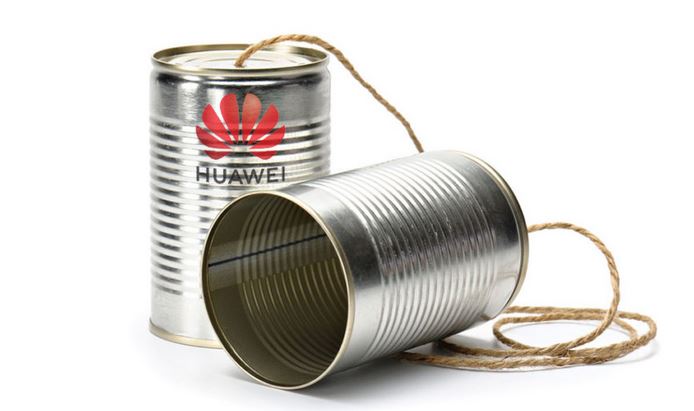The following is part two of a five part series about Huawei, the Chinese telecom giant. I wrote this paper while I was working on my Master’s Degree at Penn State and believe that is relevant today given the simmering tensions with China. In my opinion, this paper is a tangible example of the Non-Kinetic War that China is waging against us that we previously discussed here. Part 1 can be found here. Today we will discuss a brief history of Huawei, their founder and ownership.
Huawei: A Brief History
“Huawei is a Chinese information and communications technology (ICT) company that specializes in telecommunications equipment.” (Rouse. 2016) It describes itself as a “a leading global provider of information and communications technology (ICT) infrastructure and smart devices. With integrated solutions across four key domains – telecom networks, IT, smart devices, and cloud services – we are committed to bringing digital to every person, home and organization for a fully connected, intelligent world.” (Huawei, 2019) The translation of Huawei varies but generally is accepted to mean “Splendid Achievement,” “Thinking for China,” or “To serve China.” (Bloomberg, 2019) (Android Authority, 2016) By some accounts, Huawei, which is headquartered in Shenzhen, China, is the world’s largest, over 180,000 employees, or second largest, by total sales, smart phone maker and a multinational telecommunications equipment manufacturer. (Rouse. 2016) (Horowitz, 2018) The company was founded in 1987 to address issues with foreign purchased telecommunications equipment. (Android Authority, 2016) “Originally a very small company, Huawei now supplies top-quality products and solutions in over 140 countries, serving more than one third of the world’s population…[it] is China’s largest innovator, one of the world’s top-three patent applicants, and a global leader of information and communications technology. (Shao, 2012) Huawei is not state owned and is “not officially defined as a private company but as an employee-owned collective. Although there are doubts as to the truth of this claim, that status has helped the company gain many government contracts.” (Rouse. 2016) “As one of China’s top champions in the tech sector, Huawei plays a key role in the country’s ambitions to become a global tech superpower. The company has been racing to develop 5G technology and is central to China’s plans to dominate the rollout of super-fast wireless networks.” (Horowitz, 2018)
Ren Zhengfei
Huawei founder and director Ren Zhengfei was a senior official in the People’s Liberation Army (PLA) and worked as “a Technician, an Engineer and was lastly promoted as a Deputy Director, which was a professional role equivalent to a Deputy Regimental Chief, but without military rank.” (Bloomberg, 2019) Five years after leaving the PLA, Ren Zhengfei founded Huawei “to sell simple telecoms equipment to the rural Chinese market [and] within a few years, Huawei was developing and producing the equipment itself. Sometime in the early 90s, Huawei won a government contract to provide telecoms equipment for the People’s Liberation Army. By 1995, [less than ten years after its founding] the company was generating sales of around US$220m. The following year Huawei was given the status of a Chinese “national champion” [which] in practice, meant the government closed the market to foreign competition.” (Vaswani, 2019) “Ren and Huawei’s links to the Chinese Communist Party have raised suspicions that the company owes its meteoric rise to its powerful political connections in China.” (Vaswani, 2019)
Who Owns Huawei?
While Zhengfei may have founded Huawei, the question persists. Who actually owns it? According to Raymond Zhong with the New York Times, “Huawei’s ownership is a murky matter because the company has never, in more than three decades of existence, sold shares to the public. The firm says that it is entirely owned by its employees, and that no outside organizations, including any affiliated with the Chinese government, own shares.” (2019) Christopher Balding, Fulbright University Vietnam and Donald C. Clarke, George Washington University Law School, conducted an extensive investigation on the who own’s Huawei and determined that, “Huawei operating company is 100% owned by a holding company, which is in turn approximately 1% owned by Huawei founder Ren Zhengfei and 99% owned by an entity called a “trade union committee” for the holding company…Trade union members have no right to assets held by a trade union [and] in a practical sense, owns and controls Huawei, it is clear that the employees do not.” (2019) But, these claims are doubted by U.S. Officials and most likely would not matter anyway because China’s government and the PRC “exerts control over the country’s private businesses in many ways, some of them unofficial and never disclosed.” (Zhong, 2019)
On Monday, we will cover U.S. security concerns, International concerns, Espionage and U.S. Prosecutors.

